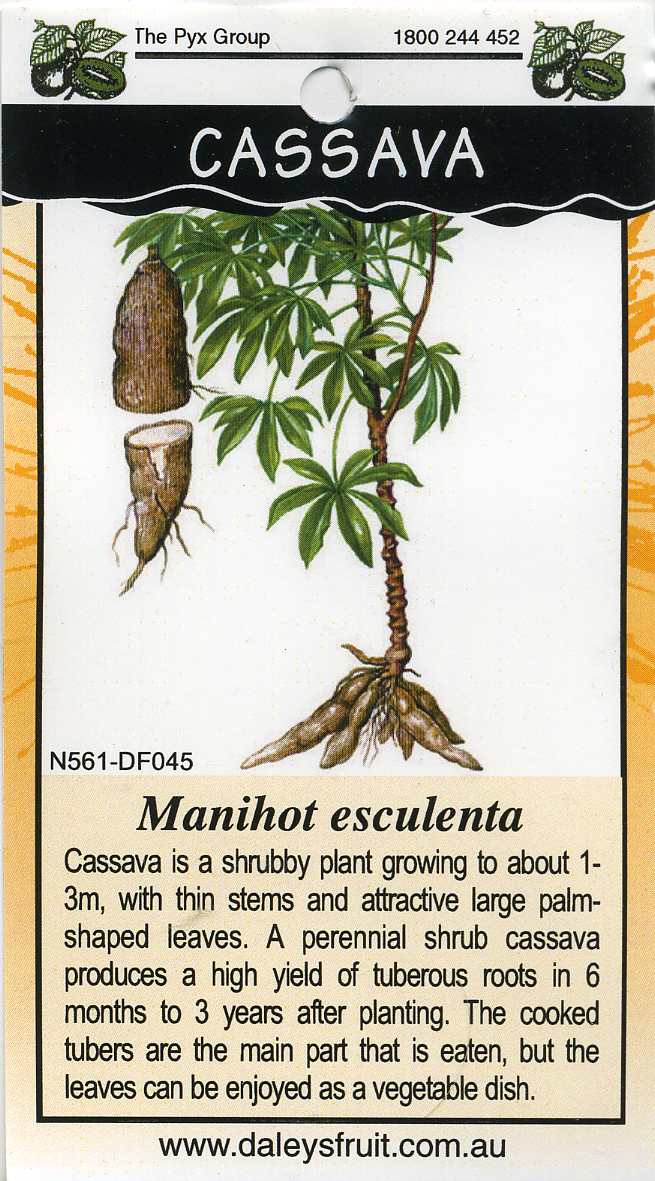
It has been a long time since Brazil had this kind of interest from the media and industry all over the world. Back in the 80´s, when the government setup a great deal of ethanol plants for sugar cane, called PROALCOOL, it was revolutionary, comparing it to other countries. But, maybe because of some administrative and political problems, we couldn’t make it happen. So we needed to start again.
The main problem, I think, is the way of the plants and production, have always been in the hands of the bigger producers. The Brazilian government is doing a social inclusion program, bringing the smaller producers to the game with incentives in order to other cultures such as sugar cane, to diversify the production.
The researches are more intense than ever. Nowadays we have a variety of sugarcane that tolerates frosts, so we can grow it in the southern Brazil, expanding the climatic zone for this culture, proving that we are doing a very good job in becoming a leader.
We also have researchers working on cassava based ethanol. The distillation process could work on a small scale plant, making the producer self-sufficient on energy. And there is more. The subproduct of cassava is an excellent raw material for animal nutrition, establishing a sustainable cycle. This culture can regenerate poor soils, and with good management, can foster a very good production. And that is why it is not only about the sugar-cane euphorism that we should be proud of.
Biofuels in Brazil have been very attractive to all investors. They are making the public sector happy and the farmers who produce the raw material for it. The usage of low concentrate biodiesel mixed with petrol diesel is going higher each year. They can´t just make a law saying that all diesel should be composed by 100 percent of biofuel. That is not going to work because of the economy impact on the grain market prices. If we consider all the grains that we export and use to make biodiesel, of course that there will be international economy impacts on the world grain market prices. But the problem is that we do not have biodiesel plants to do the esterefication of crude vegetable oil.
No comments:
Post a Comment